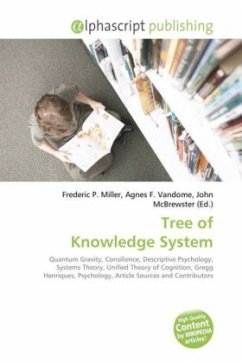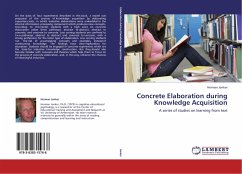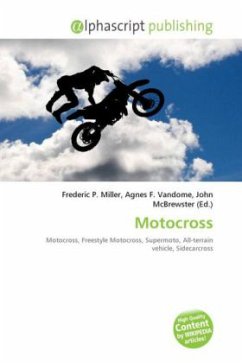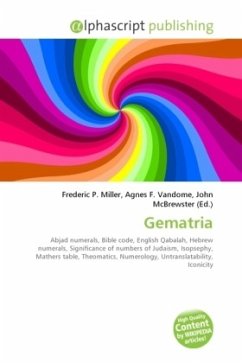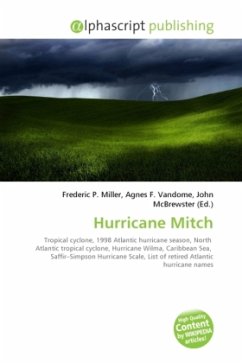
Knowledge acquisition
Versandkostenfrei!
Versandfertig in 6-10 Tagen
26,99 €
inkl. MwSt.

PAYBACK Punkte
13 °P sammeln!
High Quality Content by WIKIPEDIA articles! Knowledge acquisition is a method of learning, first proposed by Aristotle in his seminal work "Organon". Aristotle proposed that the mind at birth is a blank slate, or tabula rasa. As a blank slate it contains no knowledge of the objective, empirical universe, nor of itself. As a method, it is opposed to the concept of "a priori" knowledge, and to "intutition" when conceived as religious revelation. It has been suggested that the mind is "hard wired" to begin operating at birth, beginning a lifetime process of acquisition through abstraction, induct...
High Quality Content by WIKIPEDIA articles! Knowledge acquisition is a method of learning, first proposed by Aristotle in his seminal work "Organon". Aristotle proposed that the mind at birth is a blank slate, or tabula rasa. As a blank slate it contains no knowledge of the objective, empirical universe, nor of itself. As a method, it is opposed to the concept of "a priori" knowledge, and to "intutition" when conceived as religious revelation. It has been suggested that the mind is "hard wired" to begin operating at birth, beginning a lifetime process of acquisition through abstraction, induction, and conception. The acquisition of empirical knowledge, which begins the process of filling the tabula rasa, is thus by means of the experience of sensation and perception. Though sensation and perception are described elsewhere in Wikipedia as parts of "psychology, and not anatomy or physiology," they belong to cognitive science.



